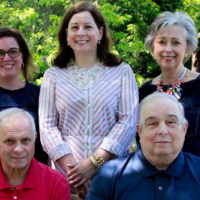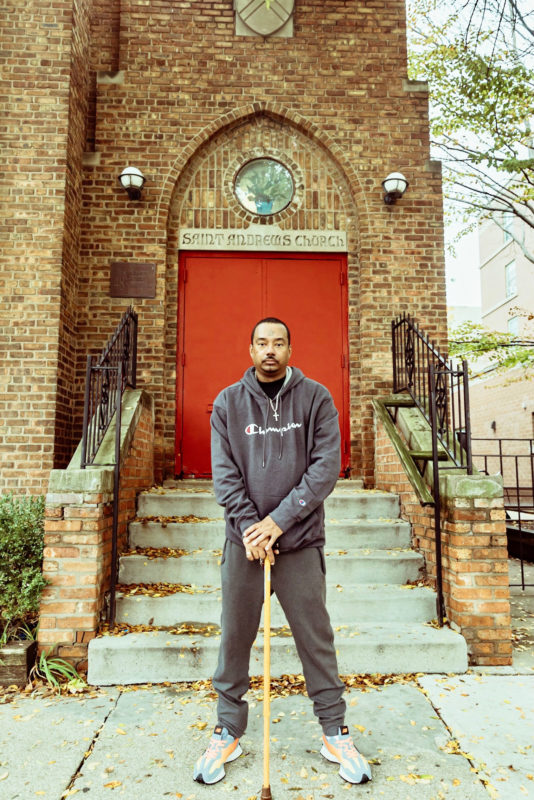In the Gospel of Matthew (25.35-25.38), Jesus told his disciples that they would be welcomed when the Son of Man comes to separate the sheep from the goats, because when he was in prison they visited him. They were confused. They didn’t remember when they had done such a thing. Like many of Jesus’ teachings in Matthew, the meaning is a little bit hidden.
But in a way the disciples were doing what all of us do—resisting the simplicity of an ethical command. “Truly I tell you, just as you did it to one of the least of these who are members of my family, you did it to me.”
To visit the imprisoned is hard. There are layers of security and bureaucracy to be penetrated, and then there is the sheer difficulty of confronting our social decision to deprive people of liberty. We do it pretty frequently, and, as some recent court cases and pardons have shown us, we do it with excessive confidence that we are right.
We resist the simplicity of the command that we go sit with the sick and the imprisoned, feed the hungry, clothe the naked, house the homeless. These commands are the simplest and the clearest in the whole ministry of Jesus. They are not unclear. Not at all. But they are certainly inconvenient. They are complicated, and may be unpleasant. We would rather not.
The support of the Christopher Family Foundation for St. Leonard’s Ministries is one of our more direct applications of the values that the family holds, which come from their own upbringing in the Lutheran faith.
St. Leonard’s empowers formerly incarcerated men and women to lead whole and productive lives. They believe in the value of each person they serve, and in the value of second and third chances. They believe in human dignity, and that love is a healing presence, even for people who have been greatly harmed in their lives. What St. Leonard’s does is to offer, first, a bed. A place to live for those who have just been released from custody. In 1954, when they started, that was what they started with, so that no one would have to recidivate just to have a roof over their head. Since that time they have added life skills, therapy, job skills and training – encouragement to find a different way to live in the world, and a group of people who believe that you can.
Our site visits to St. Leonard’s have been enlivening and hopeful. The people who work there are drawn to the place for the opportunity that it provides to be in partnership with those who sincerely want to redirect their lives. Their outcomes are strong too. In a state where the overall recidivism rates are 50% for men and 38% for women, St. Leonard’s rates are 16% for men and 5% for women. People are empowered to live differently in part because St. Leonard’s helps them to believe that they can.
The people at St. Leonard’s are so clearly following the Gospel of Matthew in the work that they do. In supporting them, we get to participate, in a small way, with that.
—Contributed by Rev. Dr. Clare Butterfield, Executive Director


 About Us
About Us Programs
Programs